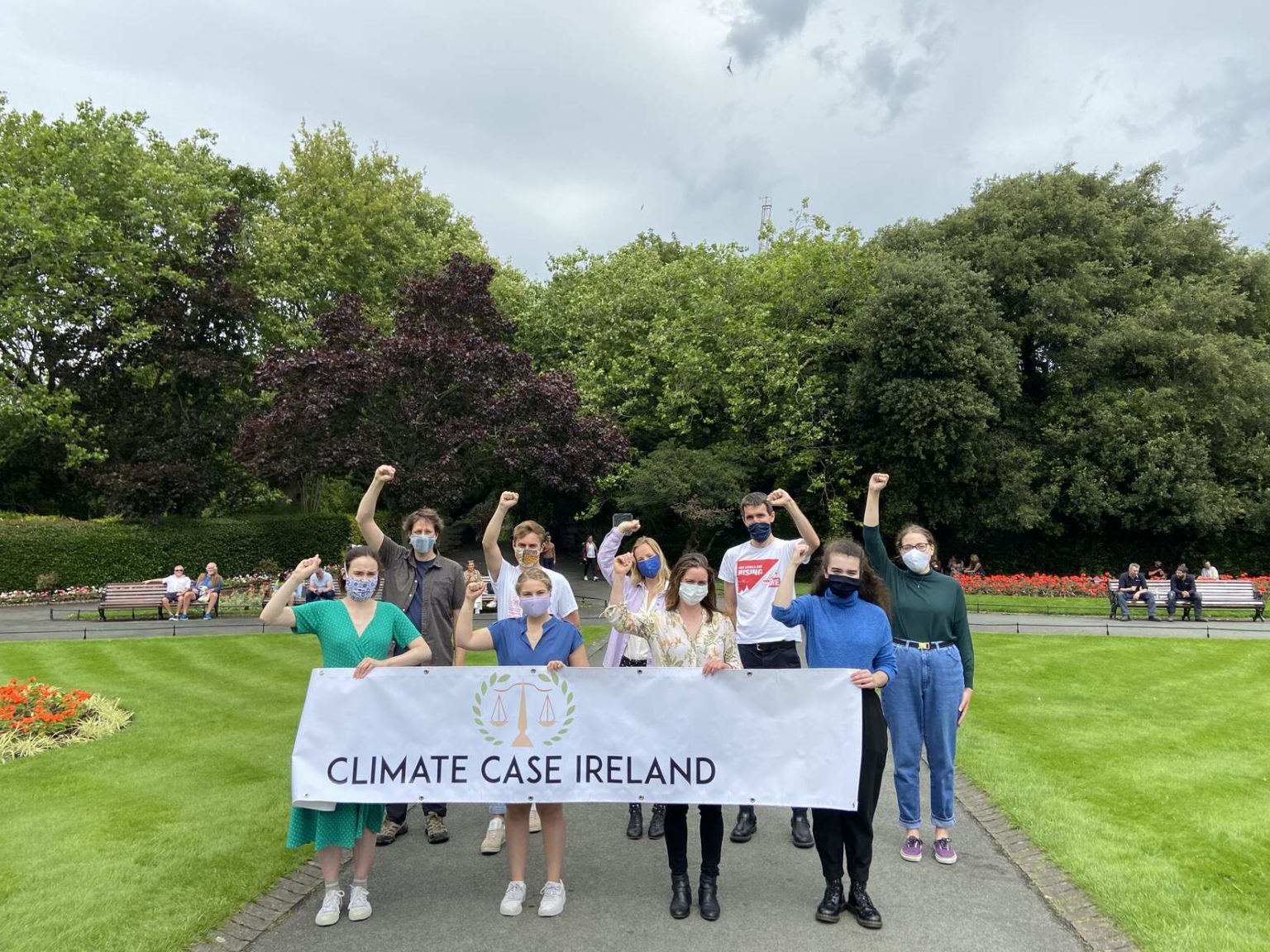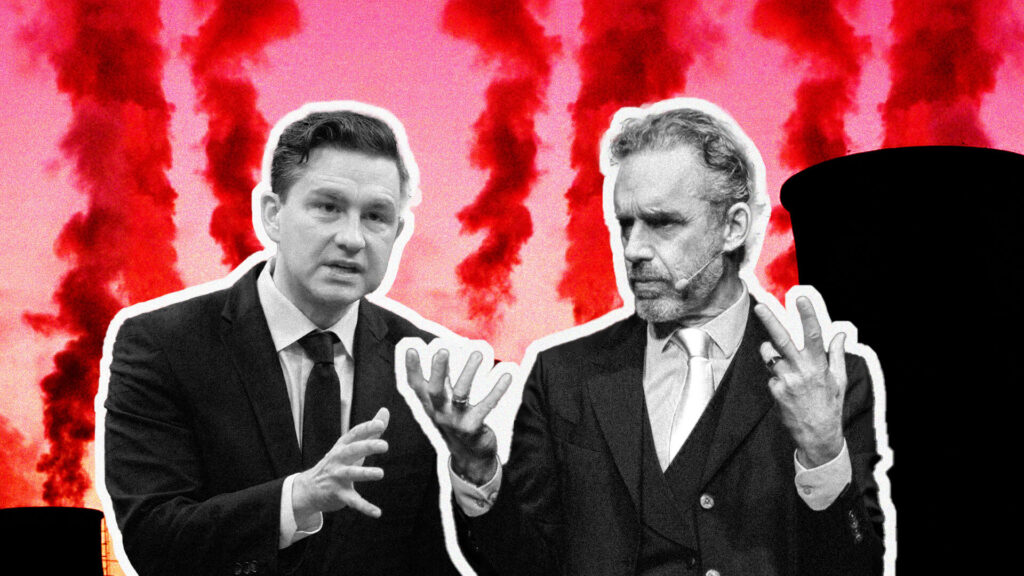The Supreme Court of Ireland has ruled in favour of an environmental group challenging the Irish government’s climate plans, finding its policies did not meet legal requirements for detailing how the country will meet emissions-reduction targets.
The decision is only the second time a country’s highest court has required a national government to reform its climate policy in order to meet legal obligations.
Environmental group Friends of the Irish Environment (FIE) filed the case in 2017 against the government claiming that a climate policy adopted that year was unlawful under various legal authorities including Ireland’s Climate Act of 2015, the country’s Constitution, and the European Convention on Human Rights.
FIE argued the 2017 Climate Mitigation Plan, which followed from the statutory Climate Act and set out pathways for a low-carbon transition, lacked requirements to cut emissions in the near term. The group noted that Ireland’s emissions had increased in recent years and that the country is not on track to meeting its emission reduction goals.
The High Court initially dismissed the case on the grounds that the government has wide discretion to set policy. The Supreme Court, which took the case in a “leapfrog” appeal given the urgency of climate policy, reversed that decision with a ruling on July 31 that found the 2017 Climate Mitigation Plan did not meet statutory requirements of Ireland’s 2015 climate law.
The Chief Justice concluded that the plan “falls well short of the level of specificity required to provide that transparency and to comply with the provisions of the 2015 Act.” The ruling, delivered just over a month after hearings were held before the Court, proposes the plan be quashed.
According to FIE, the Irish government “must now create a new, more ambitious National Mitigation Plan that complies with Ireland’s national and international climate obligations.”
Dr. David R. Boyd, UN Special Rapporteur on human rights and the environment, said in a press release that “this landmark decision recognizes the urgency of responding to the climate emergency and sets a precedent for courts around the world to follow.”
The case is part of a wave of climate lawsuits around the world seeking to hold governments accountable for inadequate climate action. Many of the cases make claims of constitutional and human rights violations. The Irish case included rights-based claims, though the Supreme Court judgment was not based on those claims. The judgment did note that FIE as a “corporate entity” would not have “standing” or permission to bring a case claiming violation of rights that are only guaranteed to individuals. The Chief Justice also expressed his skepticism toward an unenumerated or inherent right to a healthy environment under the Irish Constitution.
The ruling is clear, however, that Ireland has a legal obligation to make detailed and specific requirements in its climate policy for slashing emissions in the short term and beyond.
“The Irish Government can no longer make promises it will not fulfill. It has a legal obligation to protect citizens from the worst impacts of climate change by reducing Ireland’s emissions in the short-term. Failure to do so is a breach of its legal obligations on climate change,” Beth Doherty of youth campaign group Fridays for Future Ireland said in a press release.
Clodagh Daly, spokesperson for Climate Case Ireland, said the pressure must be kept on the government to ensure that it follows through with a more aggressive climate policy.
“Exciting as a legal win may be, the real work now lies in the creation of a transformed National Mitigation Plan – one that guarantees the rapid and dramatic reduction of Ireland’s emissions,” Daly said. “It is technologically and economically feasible for us to achieve this – and the Supreme Court has now affirmed that there is no legal basis for a lack of political will. The government needs to step up.”
The Irish climate lawsuit was inspired by a case brought by the Netherlands-based Urgenda Foundation, whose CEO Marjan Minnesma said in a press release: “the Irish Supreme Court has taken a historic step today that will give hope to people all over the world.” Urgenda successfully challenged the Dutch government‘s 2020 emissions reduction target, winning an initial verdict in 2015 before the Dutch Supreme Court issued a final ruling last December, which ordered the government to make steeper emissions cuts in order to safeguard human rights threatened by the climate crisis.
Image Credit: Climate Case Ireland
Subscribe to our newsletter
Stay up to date with DeSmog news and alerts







